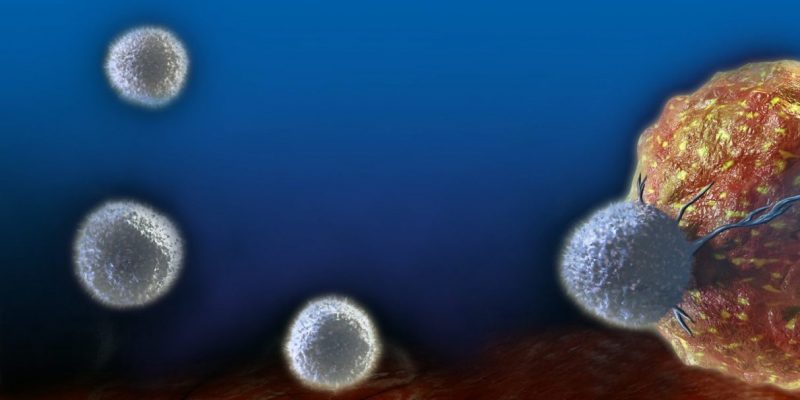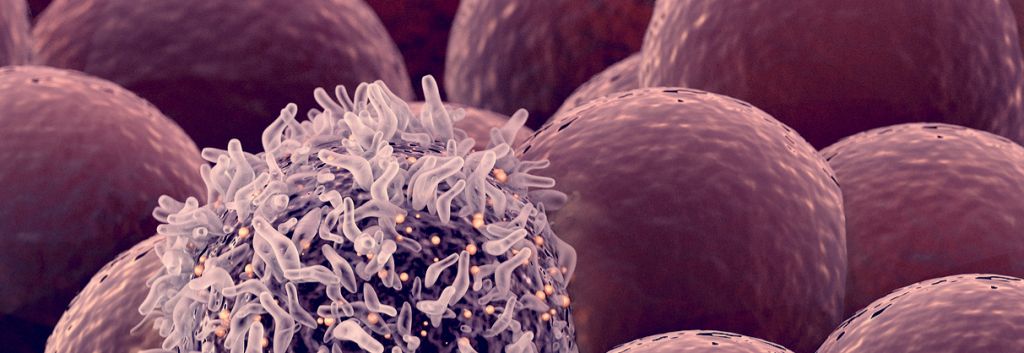Newsletter Signup - Under Article / In Page
"*" indicates required fields
TCR2 Therapeutics is initiating a partnership with academia to boost its TCR technology with the aim of overcoming the huge challenges of treating solid tumors.
TCR2 Therapeutics, a Boston immuno-oncology startup launched in 2015 and funded by the Munich biotech mafia, is starting the year with a multi-year collaboration with the University Hospital of Ludwig-Maximilians-University (LMU) in, not surprisingly, Munich.
The new team will test a combination of TCR2’s TruC technology and T-cell activating receptors developed by two cancer immunologists at LMU, Stefan Endres and Sebastian Kobold. The goal is to improve the efficacy of immuno-oncology strategies in solid tumors, which are a big challenge for cell-based immunotherapies.

The TruC platform at TCR2 creates T-cell receptor (TCR) fusion constructs designed to recognize specific tumor antigens. No details have been released on the mechanisms of LMU’s technology, but the publishing record of both doctors might give us a hint. In the last couple of years, they have reported a specific TCR that can improve T-cell infiltration and a fusion receptor with the ability to disrupt the immunosuppressive tumor environment, two of the main challenges when dealing with solid tumors.
Liquid tumors are relatively less challenging, making them the target of most immuno-oncology approaches currently under development. However, some biotechs have started to turn to the less crowded and bigger solid tumor space. The most advanced, Adaptimmune and Immunocore, are already testing their candidates in Phase I/II and Phase II trials, respectively.
With the addition of LMU’s mysterious technology, TCR2 aims at boosting the efficacy of TCR therapy against solid tumors. If successful, this would give the young company leverage over its competitors and might make a difference for cancer patients currently lacking effective treatments.
Images by CI Photos/Shutterstock and TCR2 Therapeutics
Oncology R&D trends and breakthrough innovations







